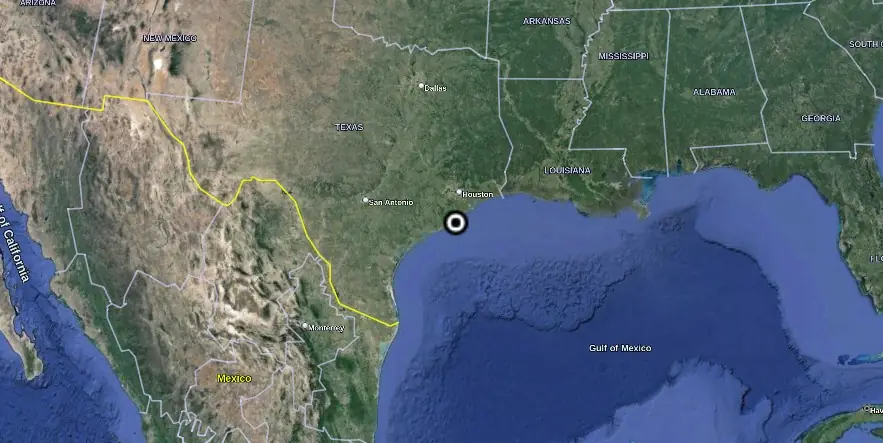Ecological alert: Menhaden fish wash ashore by thousands at Quintana Beach, Texas

On June 10, 2023, Quintana Beach County Park officials reported an unprecedented occurrence of mass Menhaden fish deaths. Thousands of fish were found washed up on the shores due to an apparent reduction in dissolved oxygen levels in the water.
Quintana Beach County Park was hit by an unexpected ecological event when thousands of menhaden fish washed up dead on the shore on June 10, 2023. Texas Parks and Wildlife confirmed the cause as reduced dissolved oxygen levels in the water.
Consequently, officials advised the public to refrain from visiting the beach until the removal of the deceased fish was complete. Crews were mobilized to undertake this task, although they had to wait for the tide to recede several more meters before all the fish could be removed. With dead fish still in the water and washing up on the beach, it was also not recommended to swim due to high bacterial levels and the risk posed by the fish’s sharp fins.
Various factors led to this tragic event, beginning with warm water temperatures exceeding 21.1 °C (70 °F). Cool water has a higher oxygen-holding capacity than warmer water, and menhaden struggle to get enough oxygen in waters warmer than 21.1 °C (70 °F). Shallow waters heat faster than deeper ones, putting fish in shallow areas at higher risk of hypoxia. This phenomenon leads to erratic behavior in fish, which further depletes the water’s oxygen levels.
In addition, calm sea conditions, which have been the norm for about three weeks, have contributed to the issue. Oxygen enters the water through surface mixing, where wind and waves interact with the water. The calm conditions limited this natural oxygenation process.
Cloudy skies also played a part, Park officials said. Oxygen in water bodies is produced by photosynthesis of microscopic phytoplankton or macroalgae. This process slows down on cloudy days and stops at night, but aquatic organisms continue to respire and consume free oxygen, leading to a decrease in dissolved oxygen concentration.
By June 11, more fish had washed ashore overnight. Beach crews were busy raking what they could reach on the pedestrian beach and on the Quintana public beach, but the job was far from over. By the end of the day, it appeared that the last of the fish had washed in. However, the most recent ones were in such a deteriorated state that only shredded skeletons were left. The crews aimed to have the pedestrian beach cleared that day and start on the Quintana public beach on June 12.
According to officials, the pedestrian beach was mostly cleared, except for a scattering of fish that the machinery couldn’t reach. High tides over the next few days were expected to bury the remaining fish in the sand.
A statement from Texas Parks & Wildlife Kills and Spills Team confirmed that the fish kill event resulted from a low dissolved oxygen incident. These events are common in summer when temperatures rise.
TP&W reported that water samples taken from the Intracoastal Canal and near the Brazos River locks contained almost no dissolved oxygen. Importantly, there was no evidence of a chemical release, putting to rest any theories of chemical pollution.
References:
1 Quintana Beach County Park public releases – June 10 – 11, 2023
Featured image credit: Quintana Beach County Park

Commenting rules and guidelines
We value the thoughts and opinions of our readers and welcome healthy discussions on our website. In order to maintain a respectful and positive community, we ask that all commenters follow these rules.